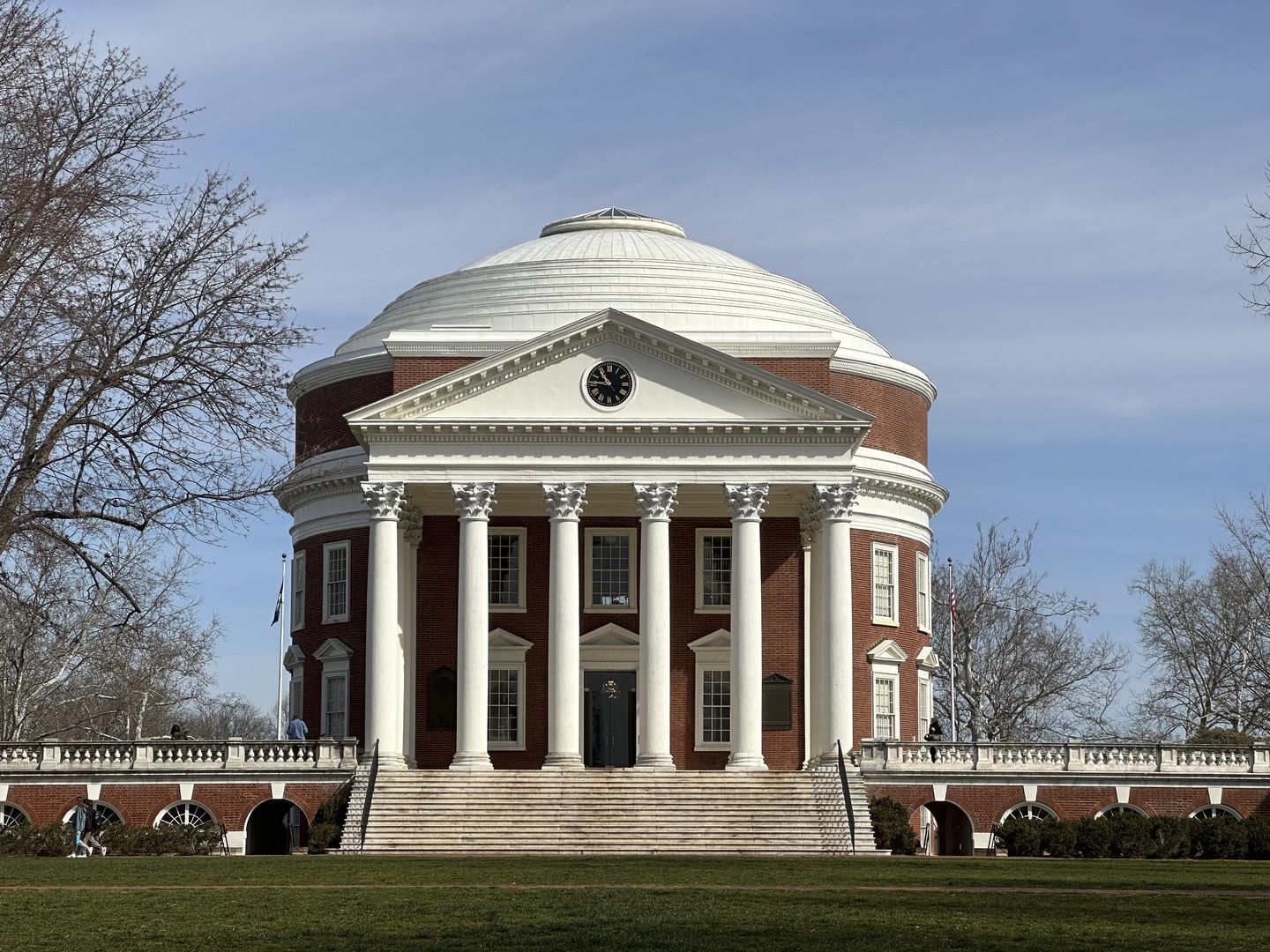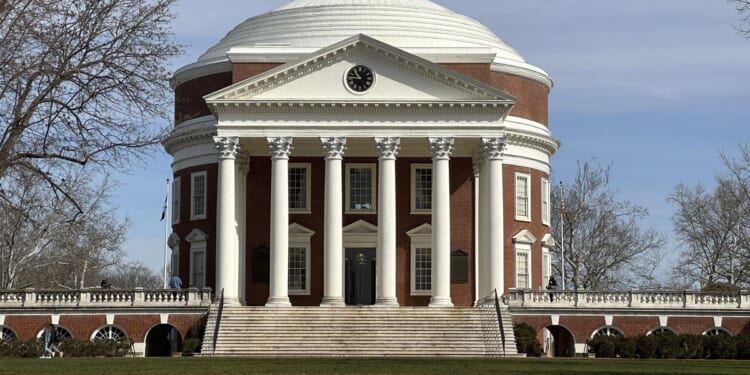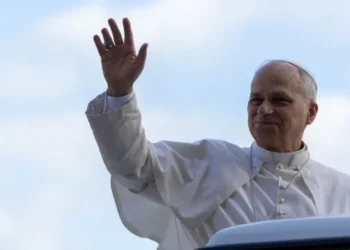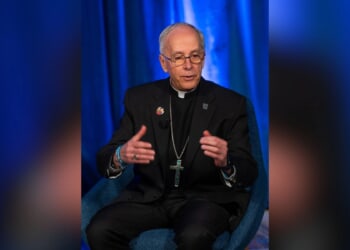
The Trump administration’s invitation for nine elite universities to join the fledgling Compact for Academic Excellence continues to look like an offer that they can refuse.
Two more universities — Dartmouth and the University of Virginia — declined over the weekend to sign the 10-page compact, bringing to six the number that have taken a pass on the agreement aimed at combating DEI, foreign influence and skyrocketing costs in higher education.
Dartmouth University President Sian Leah Beilock turned down the administration’s offer after a Friday call with White House officials, including Education Secretary Linda McMahon.
“As I shared on a call yesterday with the White House, I do not believe that a compact — with any administration — is the right approach to achieve academic excellence, as it would compromise our academic freedom, our ability to govern ourselves, and the principle that federal research funds should be awarded to the best, most promising ideas,” Ms. Beilock said Saturday in a statement.
Paul Mahoney, interim president of the University of Virginia, rejected the compact, which offers preferential access to federal funding in exchange for adhering to the administration’s priorities, in a Friday letter to Ms. McMahon and the White House.
“The letter confirms our core values and commitments while expressing our view that federal research funding should be based on merit,” Mr. Mahoney said in a statement.
The administration’s Oct. 1 offer asked the nine universities selected as “initial signatories” to respond with feedback by Monday, but Ms. McMahon said that the discussion won’t end then.
“Today’s conversation with national higher education leaders is an important step toward defining a shared vision, and we look forward to continued discussions in the weeks ahead,” Ms. McMahon posted Friday on X. “A renewed commitment to the time-honored principles that helped make American universities great will strengthen the country and deepen public confidence in higher education.”
Those institutions that had yet to respond the administration’s offer as of Sunday are the University of Arizona, the University of Texas at Austin and Vanderbilt University.
Universities previously rejecting the compact are Brown, the University of Pennsylvania, the University of Southern California and the Massachusetts Institute of Technology.
I am grateful to the university presidents who joined White House and Agency officials for a positive and wide-ranging conversation about the Compact for Academic Excellence in Higher Education. American universities power our economy, drive innovation, and prepare young people…
— Secretary Linda McMahon (@EDSecMcMahon) October 17, 2025
The Compact for Academic Excellence in Higher Education calls on universities to adopt merit-based versus race-based admissions and faculty hiring; keep foreign undergraduate enrollment below 15%; adopt biological definitions of “male” and “female” for private facilities and sports, and enact a five-year tuition freeze.
Kevin Eltife, chairman of the University of Texas System Board of Regents, said afterward the system was “honored” to receive the offer, but the college has not yet made a decision on whether to join.
The American Association of Colleges and Universities blasted the proposed agreement, declaring in an Oct. 3 statement that academic institutions “cannot trade academic freedom for federal funding—and should not be asked to do so.”
President Trump extended the offer to all universities in an Oct. 12 post on Truth Social, saying that colleges may “continue to illegally discriminate based on Race or Sex” — and face potential federal investigations and penalties — or sign onto the compact.
“But for those Institutions that want to quickly return to the pursuit of Truth and Achievement, they are invited to enter into a forward looking Agreement with the Federal Government to help bring about the Golden Age of Academic Excellence in Higher Education,” the president said.

















